How austerity targeted... our mental health
- Text by Emily Reynolds
- Illustrations by Terrance Hardcastle
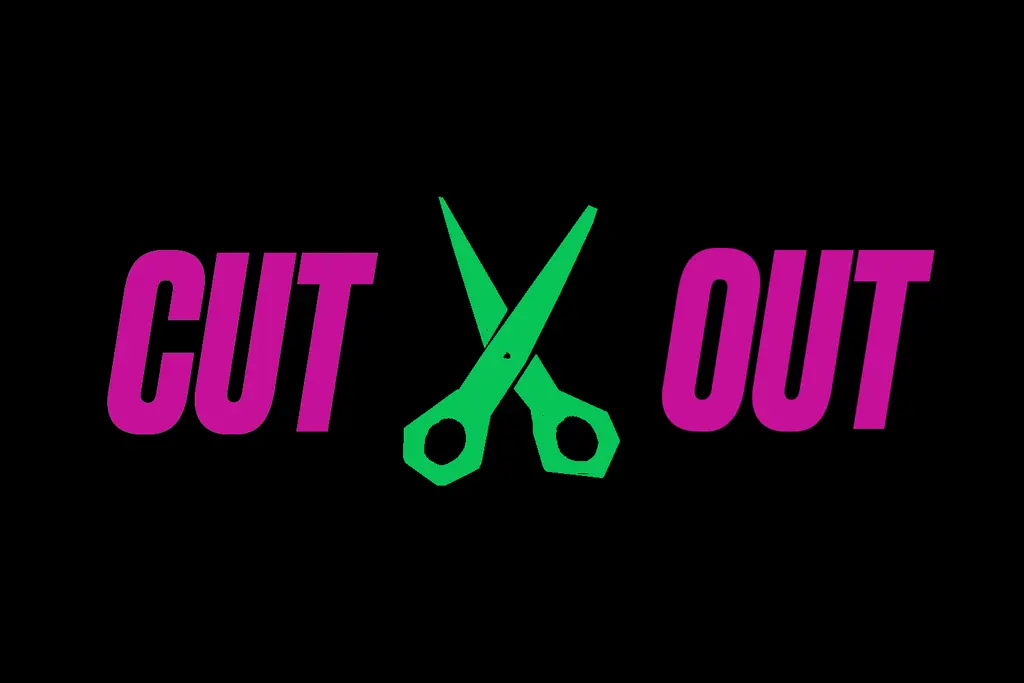
With destigmatising campaigns and celebrity disclosures all the rage, it would be easy to argue that things are getting better for people with experiences of mental illness. But what fawning media coverage belies – sometimes very cynically and very purposefully – is what is really going on for some of the most vulnerable people in the country.
Cuts to mental health services have been both sweeping and astonishingly cruel. Services are increasingly difficult to access: while the Tory government has made much fuss of the “record funding” they have given to services, the reality has been very different, with real-terms funding representing cuts of eight per cent every year since 2011.
Their alternative universe narrative – that they are the party who really cares about and invests in mental health services – is so absurd to be laughable. Teenagers are both being denied treatment and are subject to unprecedented levels of detention, the mental healthcare system is still racist, one eighth of the mental health workforce has left the NHS, 15 per cent of mental health nurses have been lost, and a loss of beds has led to people being sent hundreds of miles away from home.
But this systematic dismantling has not just happened to mental health services – and nor has it been the only thing to impact mental health. Socioeconomic factors have been routinely ignored by Conservative politicians – poverty is not considered to be relevant at all, only the idea that what’s making us sick is an inability to talk about how we’re feeling.
This discourse has been neatly picked up by many parts of the media. Only a few weeks ago, a prominent mental health journalist pointed to Prince Harry as evidence that “mental illness doesn’t discriminate”, somehow not grasping that thousands of people are indeed being discriminated against as they struggle, suffer and sometimes die, while Prince Harry steadfastly remains a prince.
In fact, there is a significant correlation between poverty and mental illness. It’s not a coincidence that, as per the Trussell Trust’s recent report, over 50 per cent of those using food banks have poor mental health. As a report from the Money and Mental Health Policy Institute also found, the benefits system is an impenetrable and unyielding system not designed to help vulnerable or disabled people get help but the exact opposite, making it more difficult for anybody to get help than ever before. Reams of disabled people have been declared fit to work when they are nothing of the sort; even more have died.
And a community safety net has been lost as a result of austerity, too. Cuts have put user-led groups under huge amounts of strain, meaning that those who need help when welfare and social care services fail have nowhere to go. Andy Greene, an activist from Disabled People Against the Cuts, told me in a recent chat of a completely decimated landscape: a voluntary sector that has no hope of combatting the rising tide of misery austerity has caused.
Findings from the National Survivor User Network (NSUN)* back this up. In a recent report, it estimated that around 50 user-led organisations affiliated with the network had been forced to close in the previous year; the year before, it was 150. Funding is one issue – it’s been slashed, unsurprisingly, across the board. But burnout and exhaustion is another. Lack of money, lack of formal support, immense amounts of pressure: of course user-led organisations are falling by the wayside; of course, in the face of such unimaginable cruelty, we’re finding it hard to support one another.
In the face of both material cuts and an ideology that puts the onus of ‘being well’ on individuals, solidarity has never been more important. Properly funded mental health services, a functioning welfare state and a reduction in income inequality are, of course, exactly what we need and exactly what austerity has robbed us of – but the battle does not end there.
The ideology that has crept into mental health discourse during this time also needs to be fought tooth and nail: the idea that dealing with mental illness or distress is both an individualistic task and that it exists in a vacuum. Journalists gleefully comparing the difficulties of a literal member of the royal family with the most vulnerable people in the country may seem simply tone-deaf, but in actual fact is the logical conclusion of a narrative that centres the suffering person as an individual unit unaffected by social or material pressures.
This atomisation must be stopped. We must begin to understand our experiences as part of a wider struggle, as one in a fight populated by many. And we must understand that what is happening to us is happening, too, to other communities. Austerity may have had a different impact on us all, but working together to fight its impact has never been more important.
*Emily Reynolds is a trustee of NSUN but is writing in a personal capacity.
Follow Emily Reynolds on Twitter.
Enjoyed this article? Like Huck on Facebook or follow us on Twitter.
You might like

Jeremy Corbyn confirms new party with Zarah Sultana: “Change is coming”
A real alternative? — Sultana revealed that she was quitting the Labour Party yesterday evening, saying that she was going to co-lead a new party with the former Labour leader.
Written by: Isaac Muk

The UK is now second-worst country for LGBTQ+ rights in western Europe
Rainbow regression — It’s according to new rankings in the 2025 Rainbow Europe Map and Index, which saw the country plummet to 45th out of 49 surveyed nations for laws relating to the recognition of gender identity.
Written by: Ella Glossop
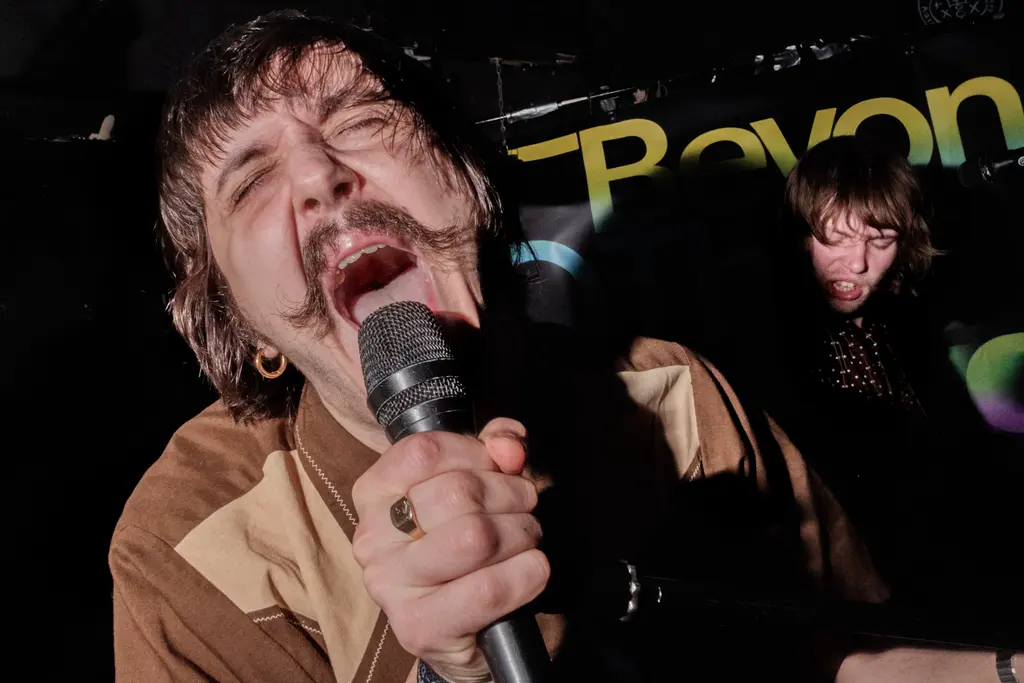
How do you solve a problem like the music industry?
Beyond the Music is a conference and grassroots festival bringing together people from across the industry to try and grapple with the biggest issues facing it.
Written by: Ben Smoke
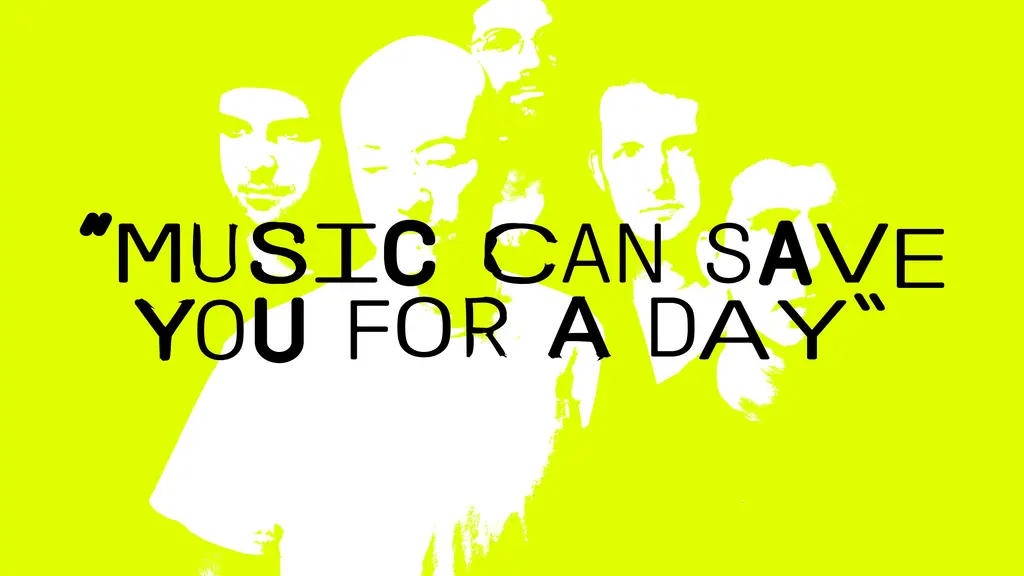
“Music can save you for a day”: Touché Amoré on social media and subcultures
To celebrate a new album and reflect on a decade and a half of being themselves, frontman Jeremy Bolm chats about opening up via lyrics, subcultures in the internet age, and the hardcore re-revival.
Written by: Isaac Muk
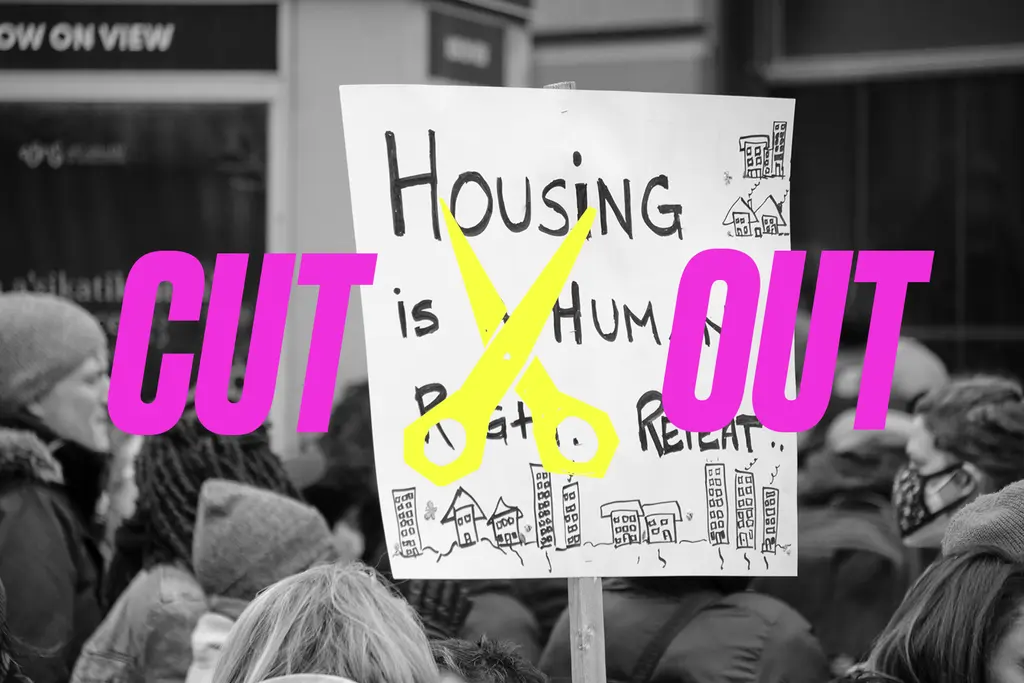
How activists have fought back against the escalating housing crisis
The last five years have seen astronomical rises in rents, evictions and spiralling rates of homelessness but communities have been organising, fighting back and, whisper it, winning.
Written by: Micha Frazer-Carroll
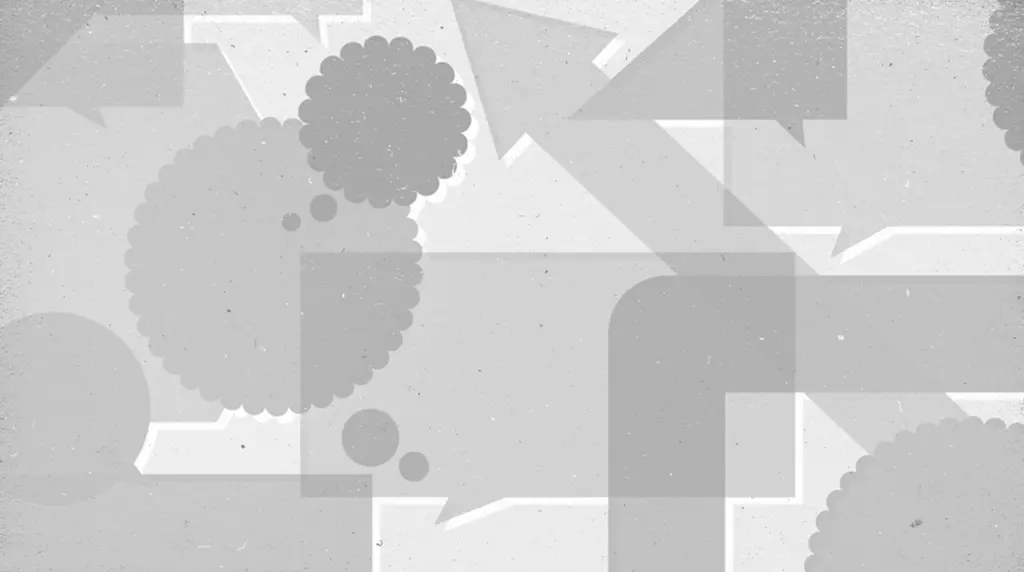
Stand Up Paddle Boarding
Screw It! — Miles Masterson vents his frustration as the stand up paddle boarding apocalypse sweeps his homebreak.
Written by: Miles Masterson

